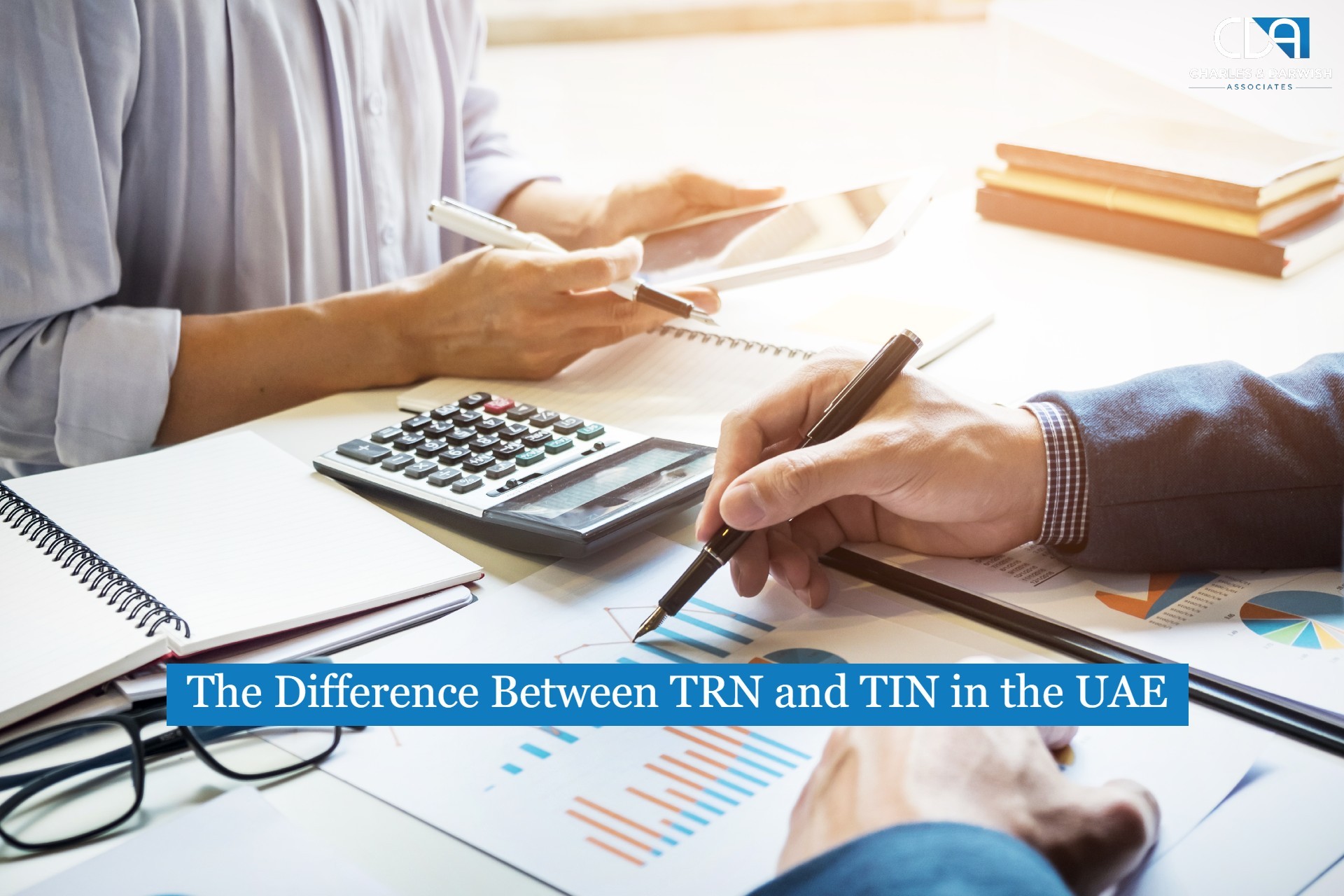How Does UAE Corporate Tax Impact Cross-Border Mergers & Acquisitions in Dubai?
The business world recognises Dubai as a leading commercial entity. Business entities operating in Dubai commonly participate in acquisitions of international businesses during mergers and sales operations. Mergers and acquisitions across national borders are called cross-border mergers and acquisitions (M&A). The determining factor for any M&A deal requires business valuation to calculate the correct value of a company.
A significant alteration occurred in the UAE through the implementation of Federal Corporate Tax (CT) in recent times. Companies that participate in foreign transactions and wish to evaluate UAE business investments need to understand the adjustments related to CT. The introduction of this new tax system affects how businesses plan their finances and operations, particularly during merger or acquisition processes with international entities.
How Does UAE Corporate Tax Impact Cross-Border M&A Deals?
Cross-border M&A means a company in one country (like the UAE) buys, sells, or combines with a company in another country. The new UAE corporate tax law impacts these deals in several important ways and during the following stages:
-
Evaluation of the Target Company (Due Diligence) becoming more complex:
- A company purchase requires the buyer to thoroughly examine the financial condition along with the legal compliance status of the target company. This is called 'due diligence.'
- The new UAE corporate tax demands comprehensive assessment from the buyers’ side regarding the target company's current condition.
- Buyers need to establish whether the target company is signed up for CT through fundamental questions. Has it properly determined its CT amount? Does it owe any due taxes? Whether the organisation has maintained past compliance with taxation standards in the certain country?
- The Federal Tax Authority of UAE requires businesses to preserve proper documentation, which might be used for corporate tax compliance purposes. To secure the deal, the buyers expect documentary evidence showing the target company properly handled their tasks.
- A Free Zone company requires the purchaser to investigate both present and future eligibility for the 0% corporate tax rate after gaining ownership. This adds extra complexity.
-
Pricing Between Related Companies (Transfer Pricing):
- The arrangement used during the M&A process (structure) substantially influences the taxation burden that sellers and buyers must handle. Planning for CT needs to begin as soon as possible during the design phase.
- The MoF emphasises a characteristic of share ownership, which they call 'Participation Exemption.' UAE company operating under specific conditions might be able to avoid CT obligations when receiving dividend distributions from shares or selling such shares, whether at home or abroad under the exemption. The introduction of the exemption also has an impact on the mergers and acquisitions.
- The CT regime provides guidance on Business Restructuring Relief for Reorganising provisions. Business entities associated with the UAE may shift their assets or conduct business deals amongst themselves while being able to avoid CT taxation through specific controlling conditions. Businesses should use this rule to organise their group structure before and after M&A transactions.
You can also read: Will Transfer Pricing Rules Apply to Both Domestic and Cross-border Transactions under UAE CT?
-
Planning of the Deal Structure:
- International business organisations routinely perform transactions with affiliated businesses, such as UAE parents that provide services to their international branches.
- For M&A transactions, the buyer needs to verify that the target company executed its previous transactions following the transfer pricing rules. The newly merged group needs to establish proper compliance for all its cross-border internal transactions after completing the deal. A mistake in transfer pricing management may trigger tax adjustments as well as financial penalties.
-
Using Past Losses (Tax Loss Utilisation):
- Sometimes, the company being acquired has past losses. Business operations in the UAE use previous-year losses to lower their future-year taxable income according to the CT law regulations.
- Special regulations exist regarding the use of losses, especially when there is a major ownership change of the firm (for instance, M&A transactions). After buying the target business, buyers must determine if they have the option to utilise past losses from the company.
The above explained are some of the impacts of the corporate tax on the mergers and acquisitions. The business entities who are planning to conduct any similar transactions must ensure that these impacts are kept in mind. There are certain other impacts of the CT on the transaction that could be detected with the assistance of tax professionals like CDA. The business entities might get certain benefits from the new CT regime along with certain compliance requirements, which must be followed to avoid any penalties.
You can also read: UAE Launches New Dirham Symbol Reflecting National Identity
CDA: Your Personalised Tax Assistance
With the expert assistance from the well-experienced tax team at CDA, you can ensure compliance with the regulations of the CT and all other prevailing tax regulations in the UAE. Our team is equipped with the best tax experts who will enable you to get more tax benefits under the tax regimes and to reduce the tax expenses. The professionals will be at your side whenever you require any assistance. The CDA is always on standby to meet your needs.
To know more about the tax services, connect with our team now.

Mitesh Maithia
Tax Manager
Mitesh is a Tax Professional with expertise in direct, indirect, and international taxation, including transfer pricing, since 2018. Passionate about making complex tax matters simple, he shares insights to help businesses stay compliant and forward-looking.













